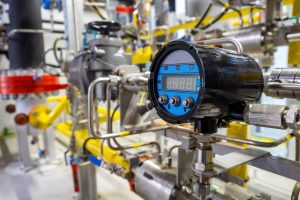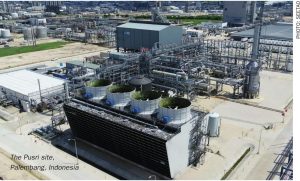Kent, a global leader in integrated energy services, has been appointed by ACWA Power as owner’s engineer for the Yanbu Green Hydrogen Hub, a major green hydrogen and ammonia export facility being developed in Saudi Arabia. Situated in the port city of Yanbu on the Red Sea, the project will feature full integration across the green hydrogen value chain. This includes its own dedicated renewable power generation, desalination plants, ammonia production lines and an export terminal. At full scale, the facility will deliver up to 400,000 t/a of renewable hydrogen, converted into over 2.2 million t/a of green ammonia for international markets. With more than 4 GW of electrolysis capacity planned, the Yanbu hub is expected to be nearly twice the size of the NEOM Green Hydrogen Project.







